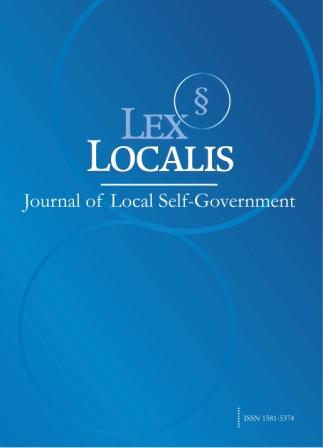MULTI-OBJECTIVE OPTIMIZATION OF SATELLITE AND SENSOR DATA FOR STRATEGIC URBAN PLANNING AND DISASTER MANAGEMENT USING AI AND ENGINEERING MODELS
DOI:
https://doi.org/10.52152/Keywords:
Multi-objective optimization, Satellite data, Sensor fusion, Urban planning, Disaster management, Artificial intelligence, Stochastic differential equations, Nonlinear systems, Bifurcation analysis, Large deviation theoryAbstract
Today, cities experience increasingly frequent pressure due to the dense population, overloaded infrastructure, and natural calamities that emerge as the result of climate changes. The combination of space and sensor data and artificial intelligence ( AI ) and engineering models makes it a revolutionary solution to strategic planning of cities and disaster response management. In this paper, a multi-objective optimization framework with the capabilities of considering competing objectives without undermining its intended purpose in urban development is presented based on stochastic modeling, sensor fusion, and AI-driven decision support capabilities. The proposed model serves to optimize the variables of urban design as it uses stochastic differential equations and Pareto optimization methodology to compensate the uncertainty of the terms and the climate indicators based on the real-time geospatial data with environment sensor networks. The case studies in areas prone to earthquakes and flood prone demonstrate how our method can be applied in zoning, evacuation plan and in reinforcing infrastructure. These findings show that the response time, resource allocation, and prediction accuracy have been shown to have improved considerably. Moreover, the study points out the significance of dealing with a large variation in nonlinear systems and initiates the theory of bifurcation analysis to predict tipping points in urban resilience. The paper highlights how AI and engineering synergy have taken a pivotal role in transforming city administration and readiness to take risks. As an integration of state-of-the-art modeling and real life sensor feedback, this piece presents a flexible, adaptive data-driven intensive system of urban planning and disaster creation.
Downloads
Published
Issue
Section
License
Copyright (c) 2025 Lex localis - Journal of Local Self-Government

This work is licensed under a Creative Commons Attribution-NonCommercial-NoDerivatives 4.0 International License.








